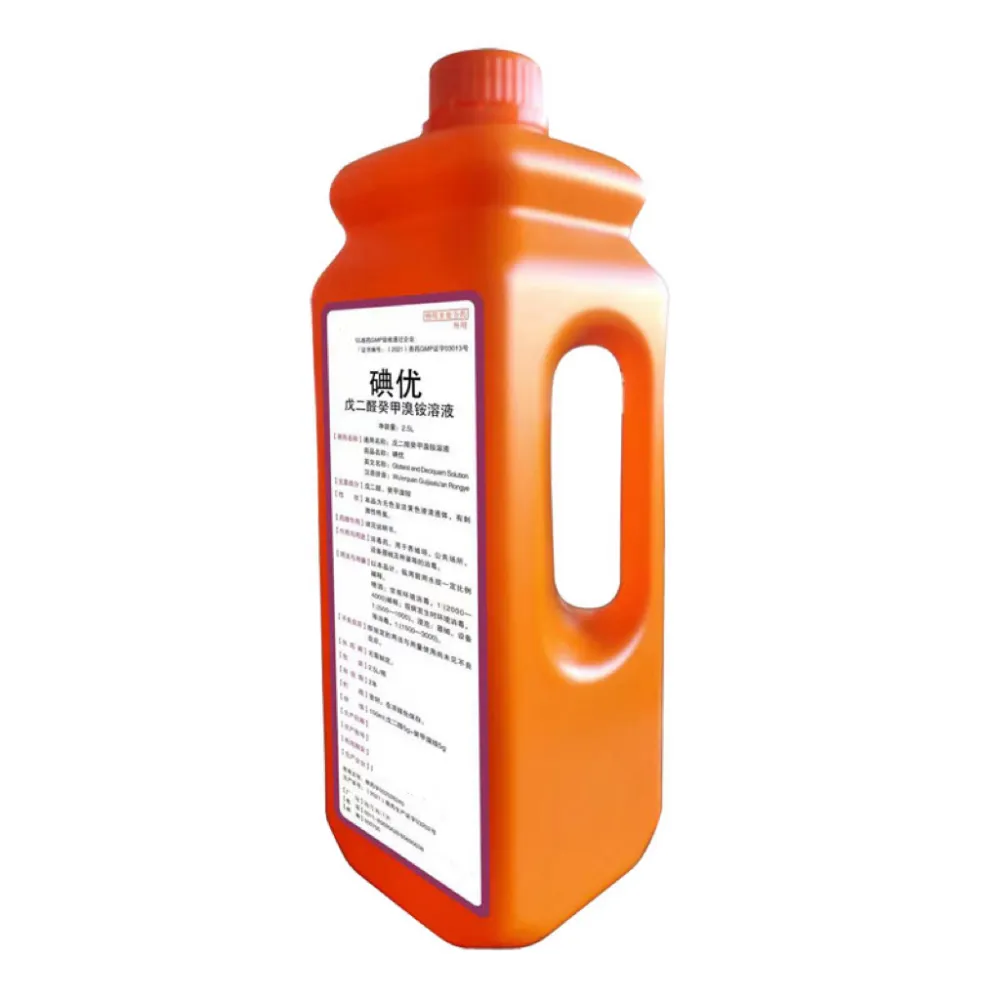- Afrikaans
- Albanian
- Amharic
- Arabic
- Armenian
- Azerbaijani
- Basque
- Belarusian
- Bengali
- Bosnian
- Bulgarian
- Catalan
- Cebuano
- Corsican
- Croatian
- Czech
- Danish
- Dutch
- English
- Esperanto
- Estonian
- Finnish
- French
- Frisian
- Galician
- Georgian
- German
- Greek
- Gujarati
- Haitian Creole
- hausa
- hawaiian
- Hebrew
- Hindi
- Miao
- Hungarian
- Icelandic
- igbo
- Indonesian
- irish
- Italian
- Japanese
- Javanese
- Kannada
- kazakh
- Khmer
- Rwandese
- Korean
- Kurdish
- Kyrgyz
- Lao
- Latin
- Latvian
- Lithuanian
- Luxembourgish
- Macedonian
- Malgashi
- Malay
- Malayalam
- Maltese
- Maori
- Marathi
- Mongolian
- Myanmar
- Nepali
- Norwegian
- Norwegian
- Occitan
- Pashto
- Persian
- Polish
- Portuguese
- Punjabi
- Romanian
- Russian
- Samoan
- Scottish Gaelic
- Serbian
- Sesotho
- Shona
- Sindhi
- Sinhala
- Slovak
- Slovenian
- Somali
- Spanish
- Sundanese
- Swahili
- Swedish
- Tagalog
- Tajik
- Tamil
- Tatar
- Telugu
- Thai
- Turkish
- Turkmen
- Ukrainian
- Urdu
- Uighur
- Uzbek
- Vietnamese
- Welsh
- Bantu
- Yiddish
- Yoruba
- Zulu
lis . 27, 2024 17:21 Back to list
Can Injectable Ivermectin Be Administered Orally to Goats Safely and Effectively?
Can You Give Injectable Ivermectin Orally to Goats?
Ivermectin is a widely used antiparasitic medication in veterinary medicine, effective in treating various internal and external parasites in livestock, including goats. Traditionally, ivermectin is administered either through injections or as an oral paste or solution. However, a common question among goat owners and veterinarians is whether injectable ivermectin can be given orally.
To understand this better, we first need to know a bit about ivermectin itself. This medication belongs to a class of drugs known as macrocyclic lactones, which work by binding to specific sites in the nervous systems of parasites, leading to paralysis and eventual death of the parasites. Ivermectin is especially effective against a range of parasites, including worms, mites, and some external pests.
Formulations and Administration Routes
Injectable ivermectin is typically formulated to be administered via subcutaneous or intramuscular injection. The injectable version is concentrated and designed for systemic absorption directly into the bloodstream. On the other hand, oral formulations are often available in pastes or liquids, specifically designed for oral administration and absorption through the digestive tract.
The pharmacokinetics of ivermectin differ significantly between these two forms. When injected, the drug reaches peak plasma concentrations much faster than when given orally. Oral ivermectin undergoes a different absorption process and may take longer to reach effective levels in the bloodstream.
can you give injectable ivermectin orally to goats

Safety and Efficacy of Oral Administration of Injectable Formulations
While some goat owners may wonder if they can simply administer injectable ivermectin orally, it’s crucial to note that this practice is generally not recommended. Injectable formulations can contain additives and stabilizers that are not suitable for oral consumption. Additionally, the pH levels and digestive enzymes in the goat's stomach may affect the medication's efficacy and absorption.
When given orally, injectable ivermectin may not be absorbed properly, leading to insufficient therapeutic levels in the bloodstream and reduced efficacy against parasites. Furthermore, the potential for gastrointestinal irritation or adverse reactions increases when formulations intended for injection are consumed without proper research or veterinary guidance.
Consulting a Veterinarian
For goat owners facing parasite control issues, it’s always best to consult a veterinarian before deciding on any treatment. A veterinarian can provide guidance on the most effective and safe methods for administering ivermectin based on the specific needs of your goats. They can recommend the appropriate formulations and dosages tailored to the size, age, and overall health of the goats, ensuring both effectiveness and safety.
In conclusion, while the idea of giving injectable ivermectin orally to goats may seem convenient, it is not advisable. The differences in formulation, absorption, and potential health risks make it better to stick with medications specifically designed for oral use in goats. Proper veterinary guidance will always yield the most reliable outcomes in parasite control, ensuring that your goats remain healthy and productive.
-
Guide to Oxytetracycline Injection
NewsMar.27,2025
-
Guide to Colistin Sulphate
NewsMar.27,2025
-
Gentamicin Sulfate: Uses, Price, And Key Information
NewsMar.27,2025
-
Enrofloxacin Injection: Uses, Price, And Supplier Information
NewsMar.27,2025
-
Dexamethasone Sodium Phosphate Injection: Uses, Price, And Key Information
NewsMar.27,2025
-
Albendazole Tablet: Uses, Dosage, Cost, And Key Information
NewsMar.27,2025













